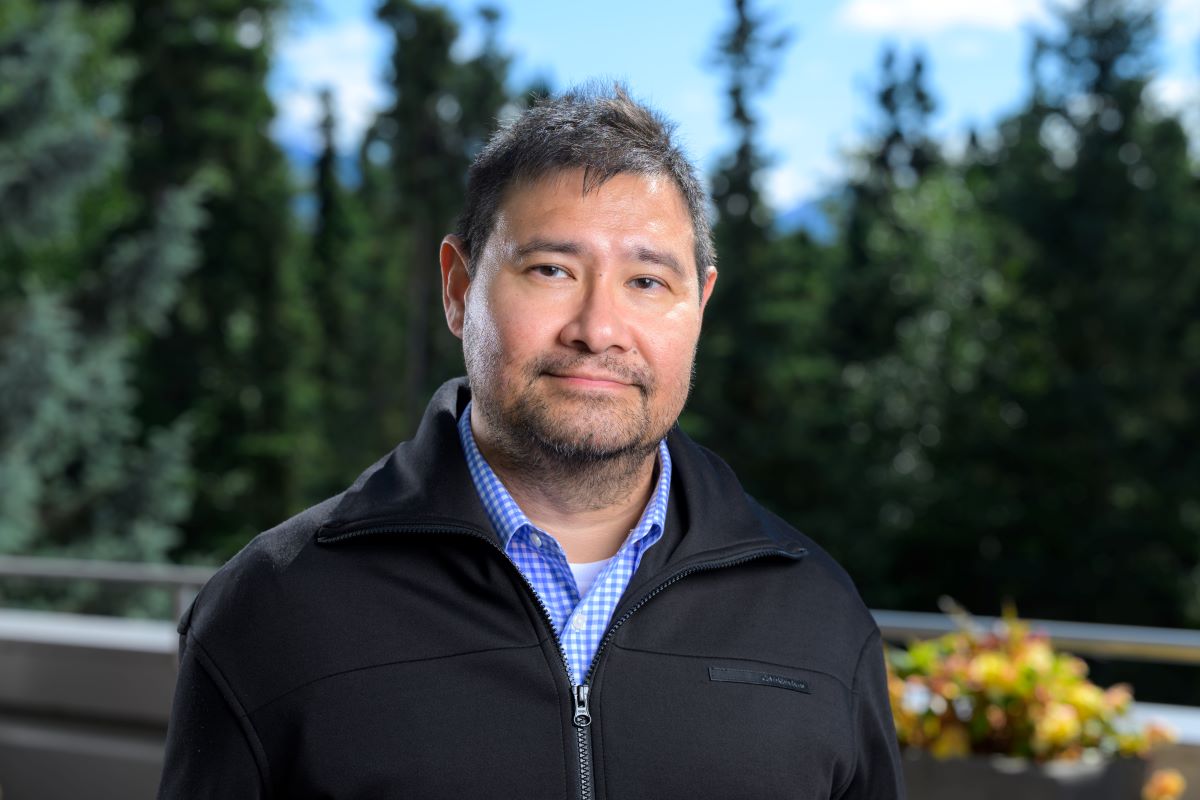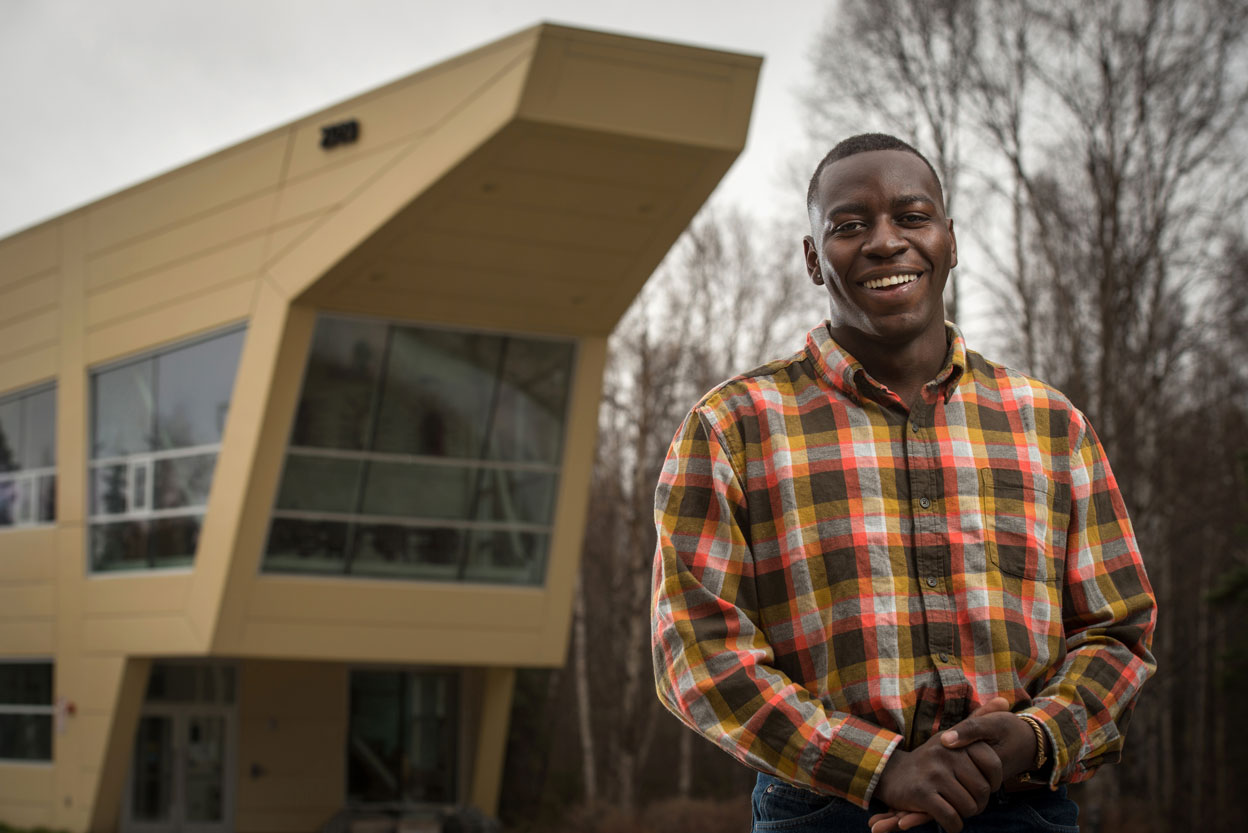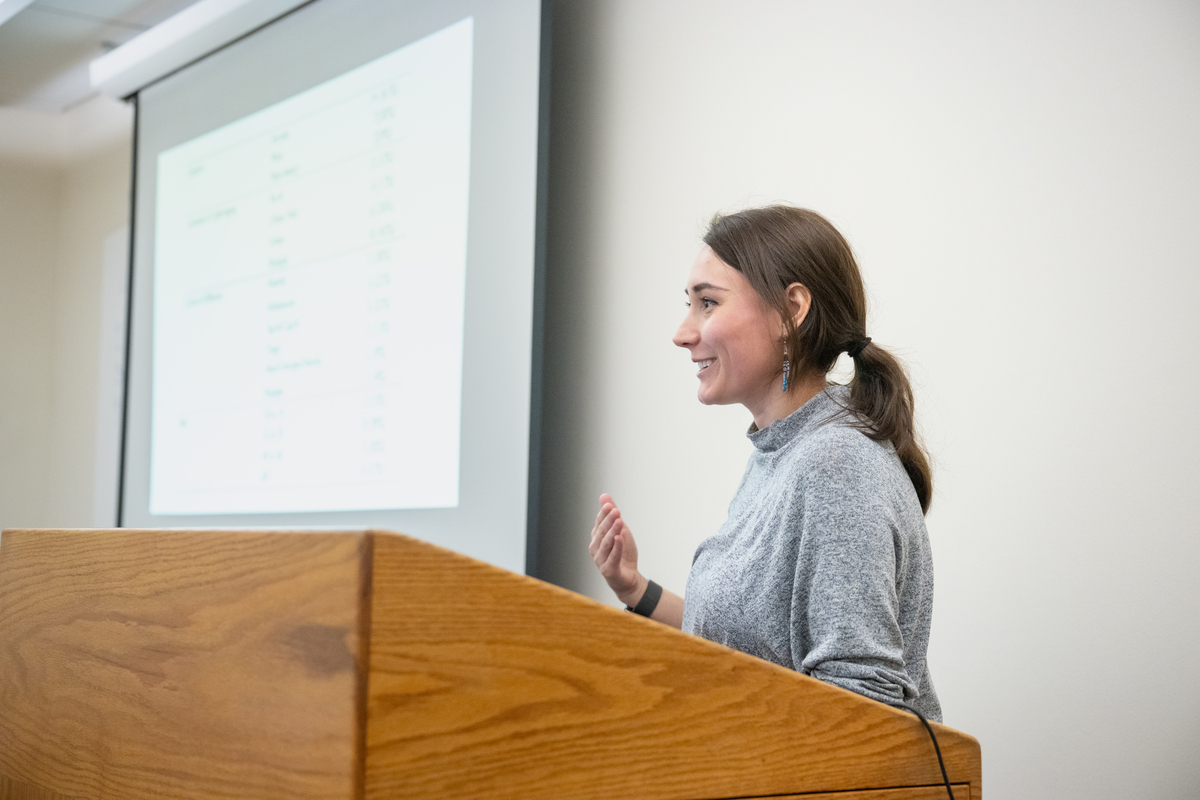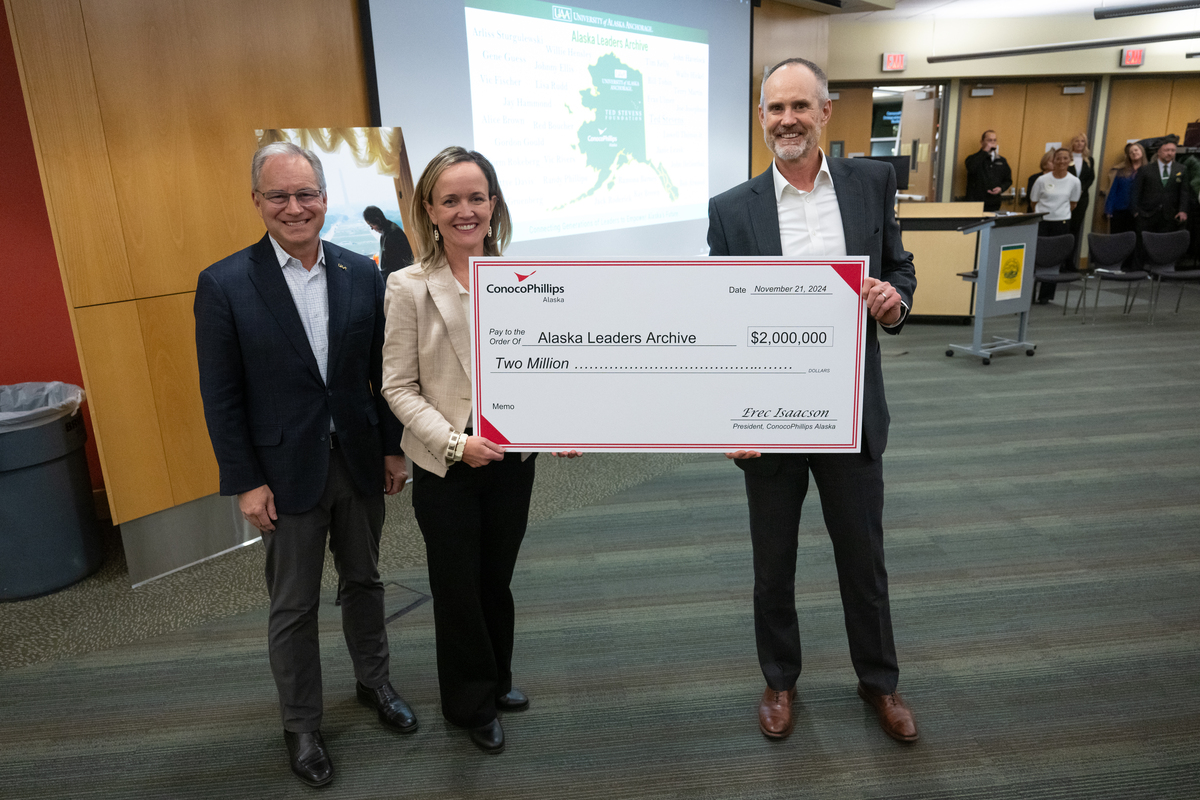Practical ethics and pandemic preparedness: Raymond Anthony’s ongoing research in philosophy
by Keenan James Britt |

This August, Raymond Anthony, Ph.D., professor of philosophy, was awarded an Inter-Disciplinary Engagement in Animal Systems (IDEAS) program grant through the USDA National Institute of Food and Agriculture (NIFA). The grant is in the amount of $300,000 over two years for Anthony’s project, "Developing an Ethical Framework for Zoonotic Disease Emergency Management: Supporting U.S. Agriculture Resilience and Enabling a One Health Strategy." The project aims to address the following goals:
- Examine emerging infectious disease (zoonoses) and public health preparedness resources through the lens of interspecies social and ethical determinants of health and welfare.
- Design ethics instructional materials in One Health animal disease management (OHADM) to strengthen public health and agriculture sector zoonosis preparedness.
- Efficiently mobilize and augment research and collaboration networks in infectious and spillover disease preparedness and response across health-agriculture veterinary professionals.
Filling the gaps
A specialist in bioethical analysis regarding food, agriculture, public health and veterinary practices, Anthony was previously awarded a NIFA grant in 2020 to develop an ethical framework regarding zoonotic disease management as part of his Well Animal Research Project (WELLANIMAL) which focused on concerns at the time regarding the COVID-19 pandemic. Zoonotic diseases are infectious diseases that can spread between animals and humans, such as COVID-19.
“COVID happened and there was a more targeted opportunity to look more closely at specific diseases and specific ways in which the government, the industry and other food system stakeholders decide how to act,” Anthony explained. “While ethics will not replace political decisions during a public health crisis, it [empirical ethics] plays an essential role in giving visibility to diverse perspectives, informing decision makers about the implications of violating norms or ignoring tried and true best practices, developing situational awareness and advocating for interdisciplinary frameworks like One Health for integrative problem-solving,” he added.
In a March 2024 letter to Science, Anthony wrote that “zoonotic disease management is characterized by uncertainty, knowledge deficits and conflicting interests” and emphasized that “each course of action favors one set of interests at the expense of others, and the resulting inequities may undermine societal support for zoonotic disease control.”
Anthony’s latest grant is a strengthening seed grant to build upon the work from the WELLANIMAL project and address some of the issues he identified in his letter to Science. According to Anthony, the new grant will fill gaps in the research and will “help to shore up some of the missing elements with respect to the WELLANIMAL grant including developing ethics-oriented instructional materials for animal disease management."
A pragmatist approach
Anthony’s approach to ethics is rooted in the philosophic school of American pragmatism and he describes himself as “what they call an applied or empirical ethicist.” He focuses on finding practical value in his work, especially during fast changing and morally ambiguous contexts such as a public health emergency. “The public at large sees the value of good, rigorous, conceptual and empathic thinking to help with decision making,” Anthony explained.
Lately Anthony has focused on recent outbreaks of Highly Pathogenic Avian Influenza (HPAI) in the U.S., including the morality of culling of tens of millions of chickens across the country and the psychological toll on the responders responsible for depopulating livestock animals. “We kill some birds in order to protect other birds, to stamp out a contagious disease to prevent a larger tragedy,” Anthony explained, “Now [HPAI] has crossed over to dairy cattle [...] Are we prepared, as a country, to be killing thousands of mammals not strictly for food?”
Anthony believes ethics can better prepare the country for future zoonotic outbreaks and serve as an important compass during crisis situations like pandemics: “I think ethical awareness and analysis are helpful to try to figure out what are the values behind the decisions that we are making [...] What is the case right now may not necessarily be what ought to be the case.” He added that, “Ethical analysis can help practitioners, the public and policy makers identify guiding aspirations, principles of action and conflicting duties or interests under emergency conditions. Integrating ethics into animal disaster management and emergency response activities is essential to systematize the value dimensions in decision-making and ensure norms are not unreflectively extended or cast aside during emergencies.”
Student research opportunities
Anthony intends to hire two undergraduate students for the upcoming semester to assist in his research for the grant. “Whenever I apply for any of these grants, I try to see if there's a way to fold students into my research,” Anthony said, “I'm excited about helping the next generation of UAA student researchers succeed.”
The student researchers will contribute to Anthony’s project by conducting a literature review of the existing policies and recommendations for animal disease management: “We’ll be looking at [...] what people are already doing, what the USDA is doing, what industry is doing as well. So, looking at the pork industry, looking at the poultry industry, looking at what people do in veterinary settings.” This compilation will provide an “initial picture of what’s happening presently,” according to Anthony, and help guide the development of additional resources on the topic.
The two student research positions will be open to undergraduates from any background, not only philosophy majors. The student researchers will also have opportunities to present their research and be co-authors on future publications from the project. Anthony stated that he is looking for students with “a keenness to discover how ethics can be impactful.”
 "Practical ethics and pandemic preparedness: Raymond Anthony’s ongoing research in
philosophy" is licensed under a Creative Commons Attribution-NonCommercial 4.0 International License.
"Practical ethics and pandemic preparedness: Raymond Anthony’s ongoing research in
philosophy" is licensed under a Creative Commons Attribution-NonCommercial 4.0 International License.














